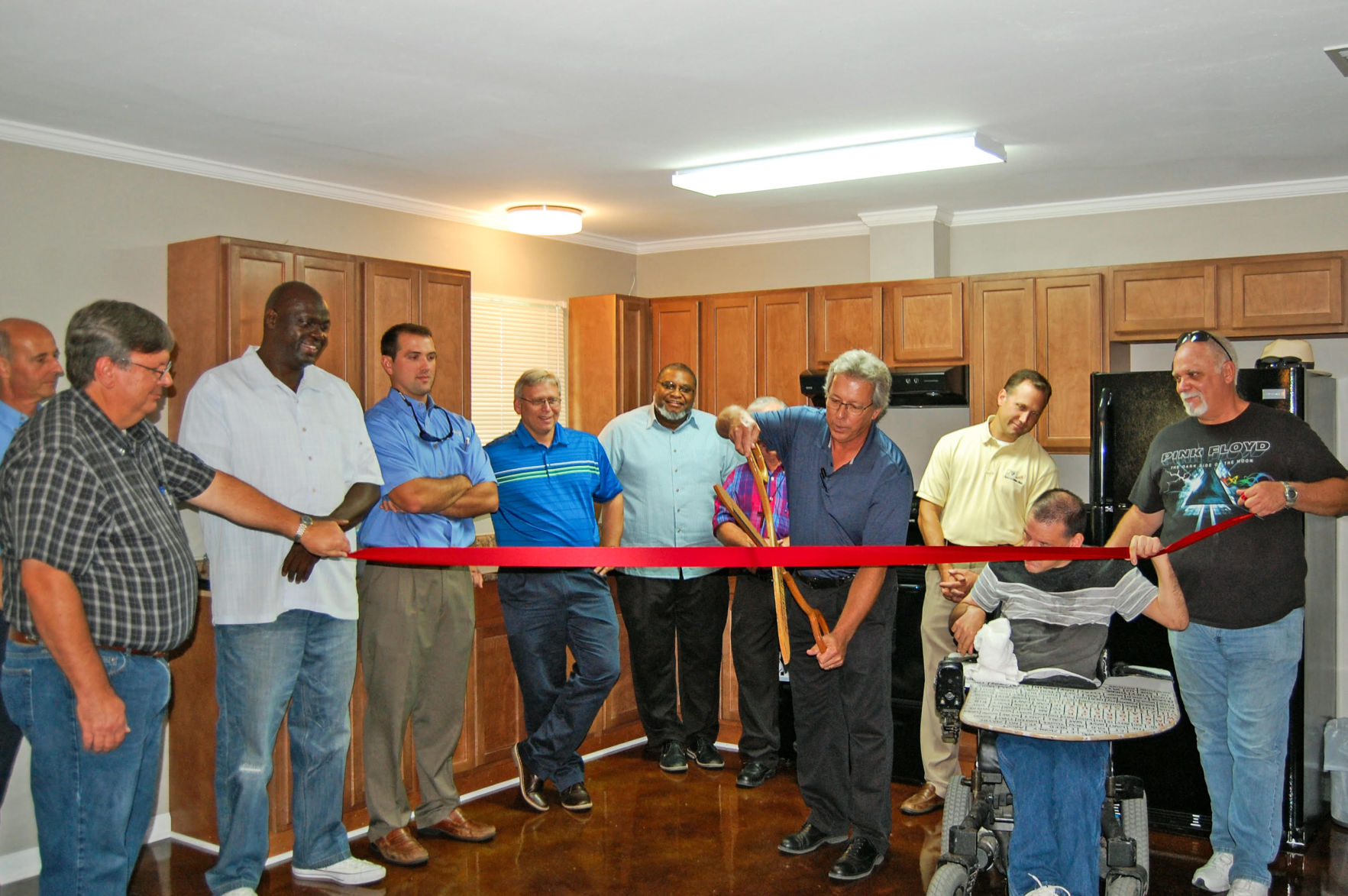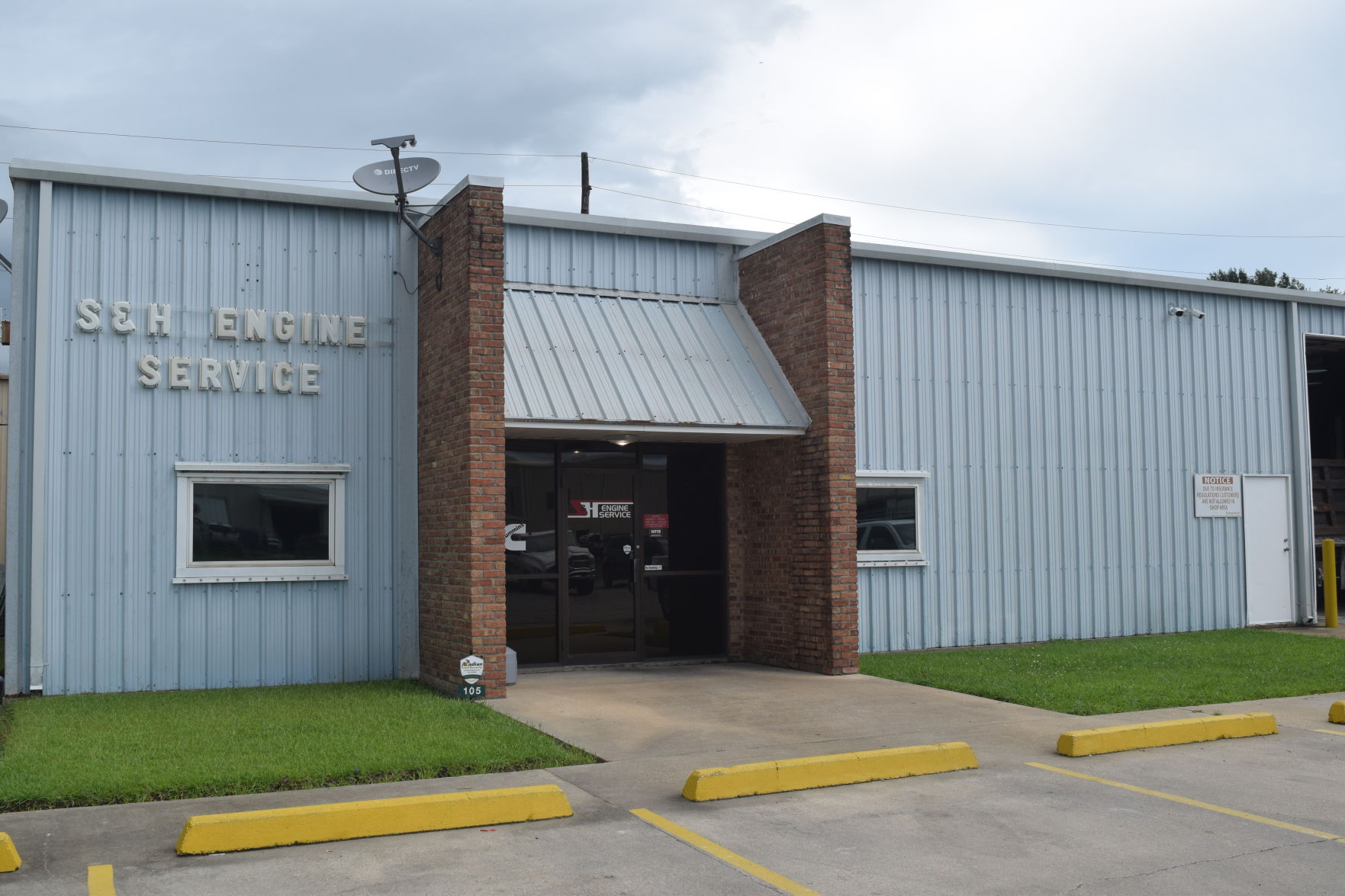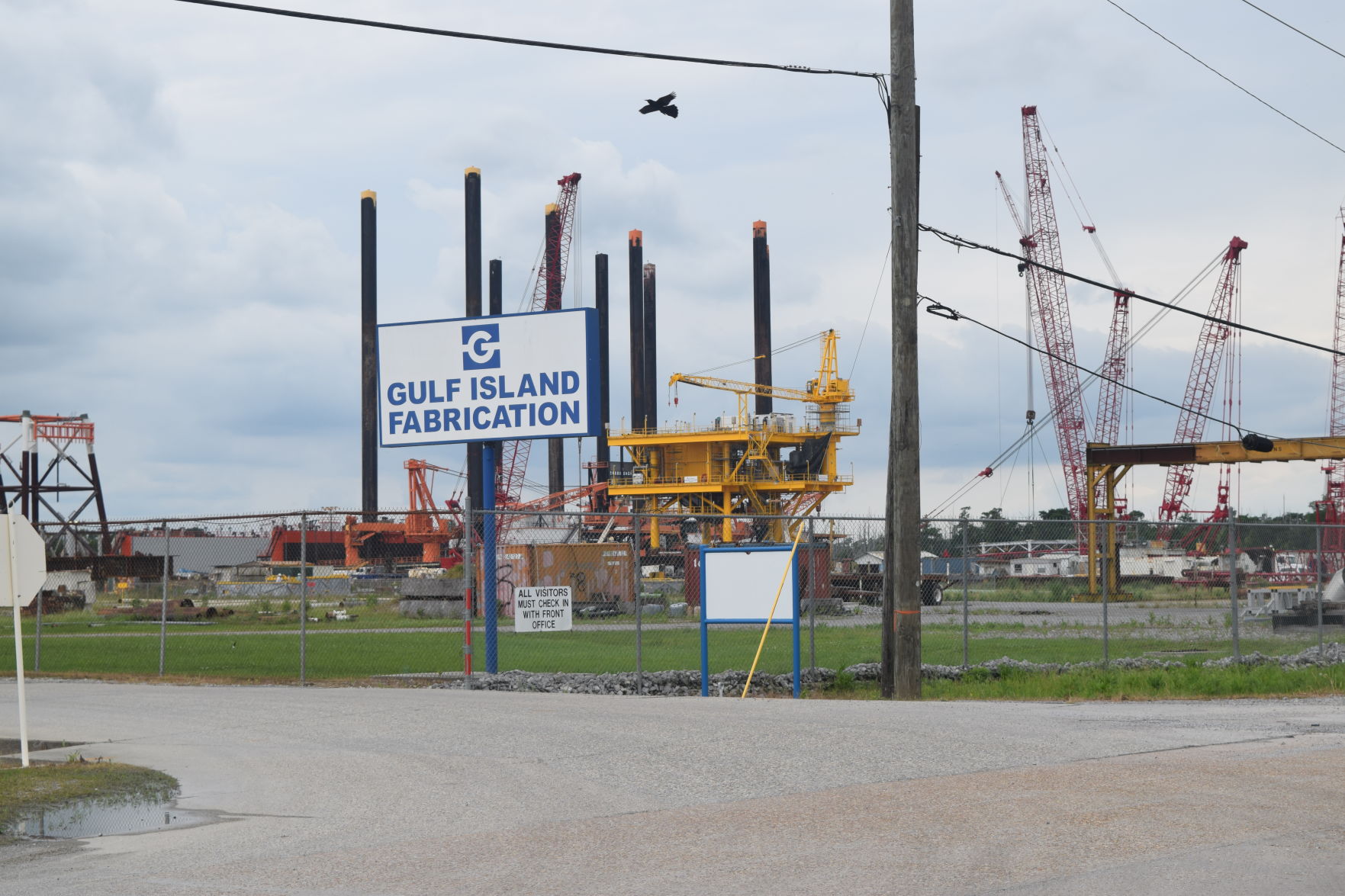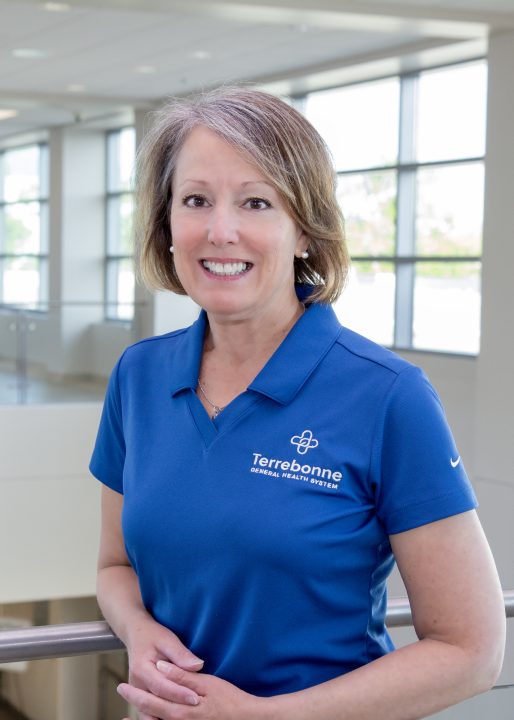
Giving people independence: Options for Independence helps those in need
July 26, 2017
S&H Engine: 25 years of resilience, service
July 26, 2017Gulf Island has been providing the goods in the Gulf of Mexico for more than three decades.
The company, which started during the region’s last major oil and gas malaise, is attuned to the tough measures businesses must make to survive these lean times. It has used that wealth of knowledge to continue being a key part of offshore exploration in the gulf.
Alden Laborde opened the company as Gulf Island Fabrication in 1985, when a ravaged energy sector made any industry-heavy business a risky proposition. According to current Gulf Island CEO Kirk Meche, the company struggled to make a profit for a few years before eventually getting in the black. Today, the company has expanded to include both shipyard and service divisions through a series of acquisitions of other companies, and the company has a corporate office in Houston.
The company’s most recent purchase was the LEEVAC Shipyard and its locations in 2016. That acquisition gave Gulf Island more work in Houma, but it also increased the company’s overall manpower and enabled it to go after larger projects. The additional locations increased Gulf Island’s footholds in other parts of Louisiana, such as Lake Charles, which gave GI an additional location with deepwater access.
“Like every acquisition, it always has its challenges. Nonetheless, we were able to secure additional work with the purchase of the LEEVAC facilities. We expanded our footprint not only in Houma but in Jennings and Lake Charles. For us, that was important.”
While Gulf Island made that purchase, the current energy downturn has not spared them pain. According to Meche, Gulf Island currently has 1,200 employees, a considerable drop of around 3,000 workers during its heyday. Meche called dealing with such downturns “difficult at best,” but noted his company was fortunate to not have any debt on its books when the price of oil started to crash. That lack of debt, combined with a lean management budget, means the company has been able to stay solvent while exploration drags along. Meche said his company has taken lessons from previous generations of Gulf Island leadership to make good business decisions ahead of time and reduce costs as needed.
“I won’t tell you that it’s easy to maintain a strong balance sheet, because there are challenges in the marketplace. As you’re dealing with customers who quite frankly may go bankrupt. And no one wins in a bankruptcy,” Meche said.
Meche said an important part of Gulf Island’s survival in these times has been the labor force that remains. He credited the specific culture of Louisiana, and its inhabitants’ commitment to family, as integral to Gulf Island’s staying power. He said Gulf Island tries to make employees feel involved in the company, and it is paid in kind with workers who are invested in not only their work but also their wider community.
“It’s just something that you don’t find anywhere else in the world. It’s just people are committed, they’re loyal,” Meche said. “Family is family, and they don’t want to leave home and get too far out the reaches of family. With that comes a strong commitment to the community, to be a part of it.”
Meche said his business has looked for other opportunities while work remains slow offshore. The company has been looking at synergizing work between the three divisions to find work for each part. Gulf Island has been looking at tugboats and cruise ships that travel the Mississippi River as well as military-type vessels that are not dependent on the energy sector’s ups and downs. The fabrication division also delved into alternative energy, producing windmills for the first offshore windmill farm near the coast of Rhode Island. Meche said while the alternative energy work is good for both the present and future, he understands the bread and butter industry in the area has not changed.
“We’re going to continue to look for those opportunities because that sector of the market, even though it’s not here today, it will be here tomorrow. We positioned ourselves to be players in that market,” Meche said. “We remember where our roots are planted. We know we’re oil and gas-type people. In order to try and smooth out bumps in the industry, you have to diversify.”









